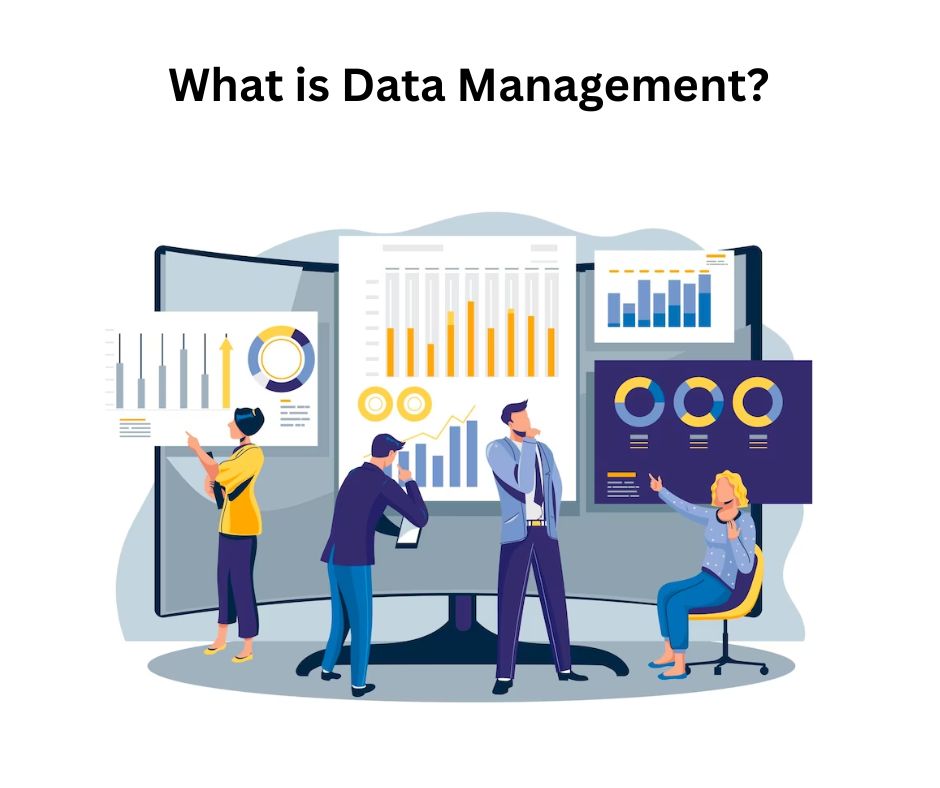In today’s digital age, data management has become a critical aspect of running any organization, particularly in the healthcare industry. In this blog, we will explore what data management is, its importance in healthcare, and the various processes involved in managing healthcare data.
What is Data Management?
Data management refers to the process of collecting, storing, organizing, protecting, and utilizing data effectively and efficiently. It involves establishing policies, procedures, and standards for managing data throughout its lifecycle, from creation to disposal. Effective data management ensures that data is available when needed, accurate, secure, and used ethically.
In healthcare, data management is essential because it helps healthcare providers make informed decisions and provide better patient care. Data management in healthcare involves managing a vast amount of sensitive patient information, such as medical records, clinical trials, research data, and billing data.
Importance of Data Management in Healthcare
The healthcare industry is generating massive amounts of data daily, and managing this data is crucial for delivering high-quality patient care. Below are some of the key reasons why data management is essential in healthcare.
Improves Patient Care
Data management enables healthcare providers to make informed decisions that result in better patient care. Access to accurate and up-to-date patient data helps doctors diagnose and treat patients more effectively, leading to better outcomes.
Enhances Medical Research
Data management plays a crucial role in medical research. Researchers rely on data to develop new treatments, therapies, and technologies that improve patient care. Effective data management enables researchers to collect, analyze, and share data to gain insights and develop new medical innovations.
Ensures Regulatory Compliance
Healthcare organizations must comply with various regulatory requirements, such as HIPAA (Health Insurance Portability and Accountability Act), GDPR (General Data Protection Regulation), and other data protection laws. Effective data management ensures that organizations meet these requirements and avoid potential legal or financial penalties.
Facilitates Collaboration
Data management promotes collaboration and information sharing among healthcare providers. Access to accurate and up-to-date patient data enables healthcare teams to work together seamlessly, resulting in better patient care.
Processes Involved in Managing Healthcare Data
Effective data management in healthcare requires several processes, including:
Data Collection and Entry
Data collection is the first step in managing healthcare data. It involves capturing patient data from various sources, such as electronic health records (EHRs), medical devices, and other health-related applications. Once collected, the data must be entered accurately into the system to ensure its integrity.
Data Storage
Data storage involves securely storing patient data in a centralized location, such as a database or cloud storage platform. The data should be stored in a format that is easily accessible, searchable, and retrievable when needed.
Data Retrieval
Data retrieval involves accessing patient data quickly and easily when needed. Healthcare providers must be able to retrieve data quickly to make informed decisions about patient care.
Data Analysis
Data analysis involves analyzing patient data to gain insights into patient health and healthcare practices. Analysis of healthcare data can identify trends, patterns, and potential areas for improvement, resulting in better patient care.
Data Security
Data security is crucial in healthcare to protect patient information from unauthorized access, theft, or loss. Healthcare organizations must have robust security measures in place to protect patient data and comply with data protection laws.
Data Sharing
Data sharing enables healthcare providers to collaborate and share information seamlessly. However, data sharing must be done in a secure and ethical manner to protect patient privacy and comply with data protection laws.
Conclusion
In conclusion, data management is crucial in healthcare as it enables healthcare providers to make informed decisions, provide better patient care, and improve medical research. Effective data management requires the implementation of several processes, such as data collection, storage, retrieval, analysis, security, and sharing.

